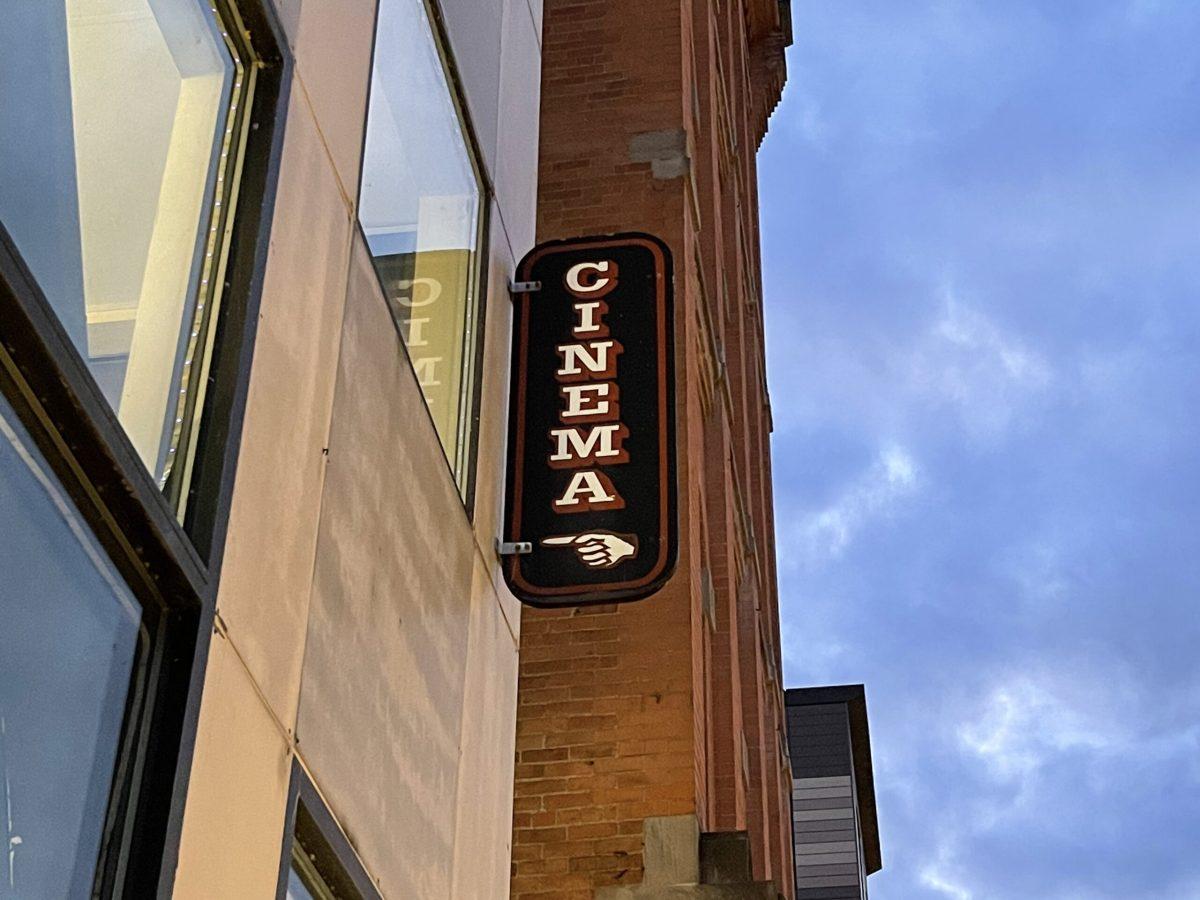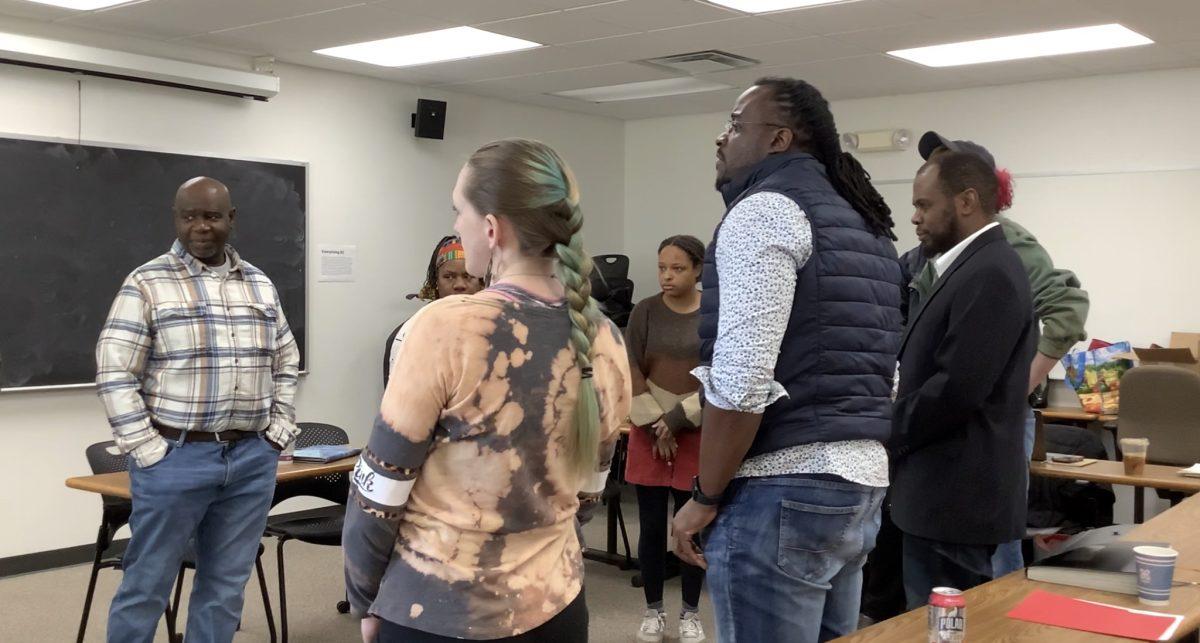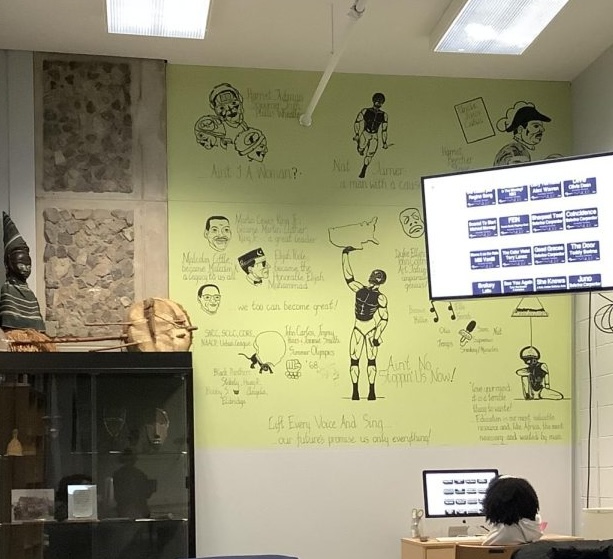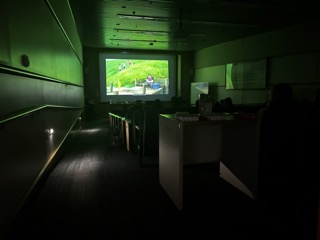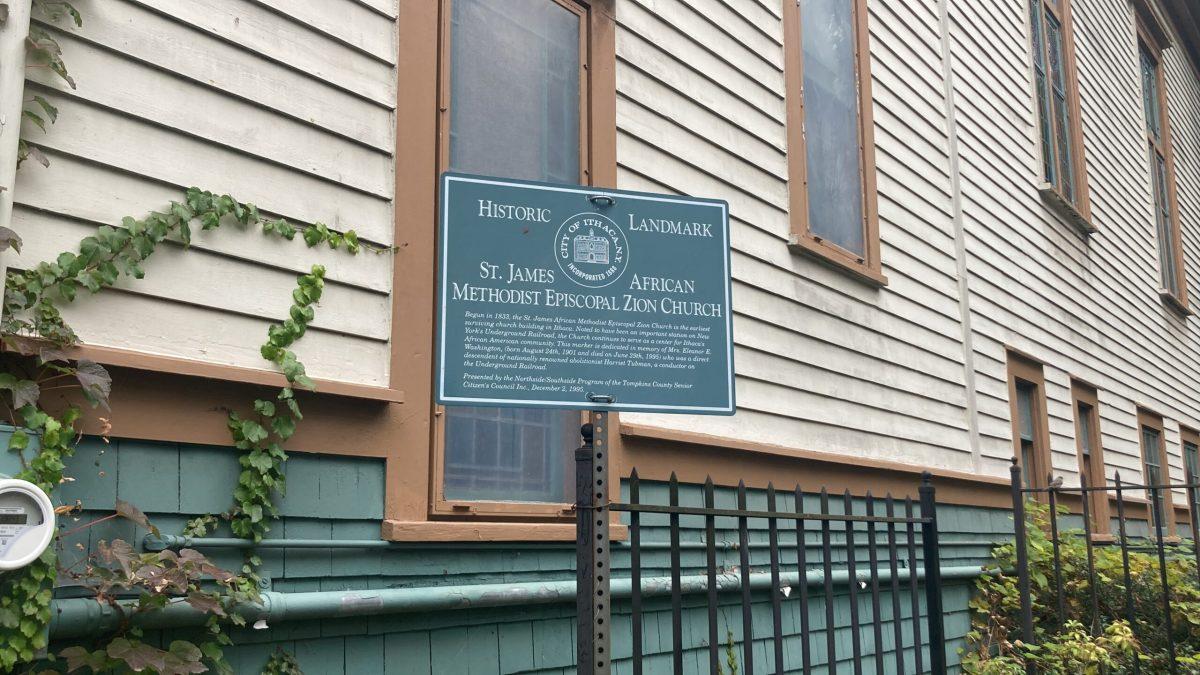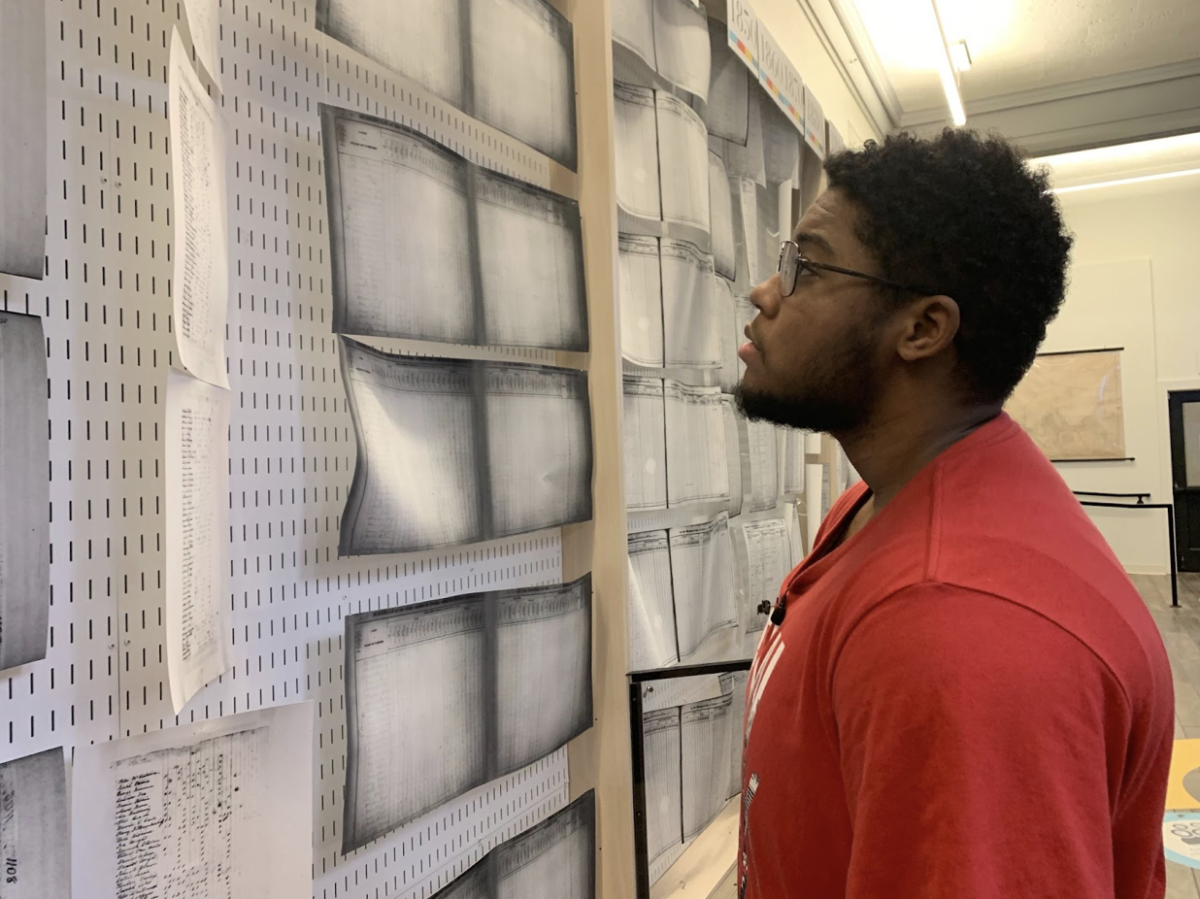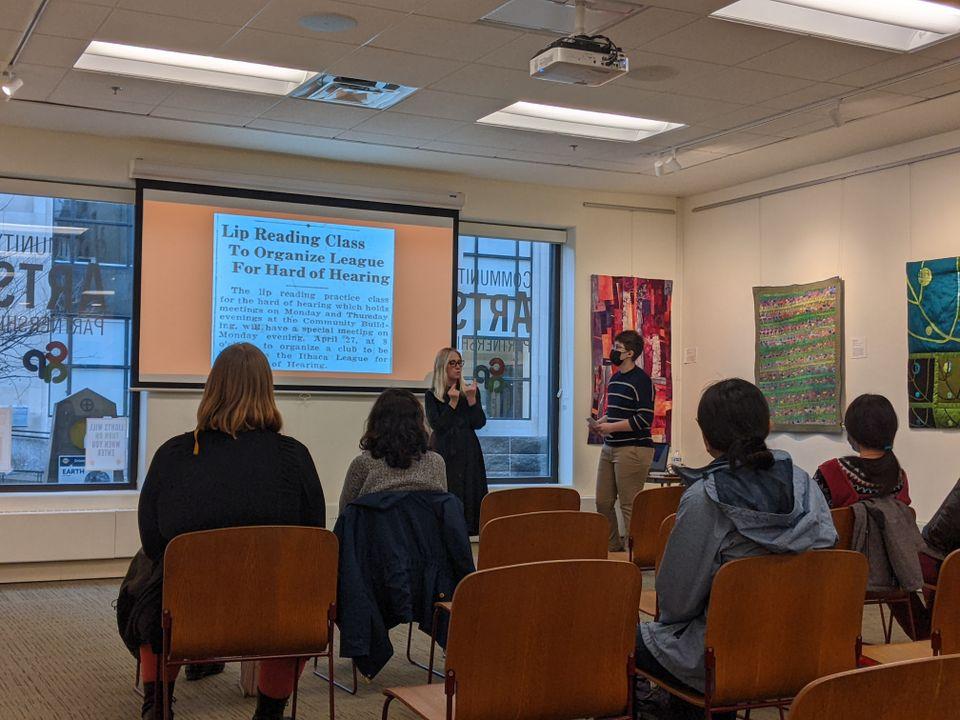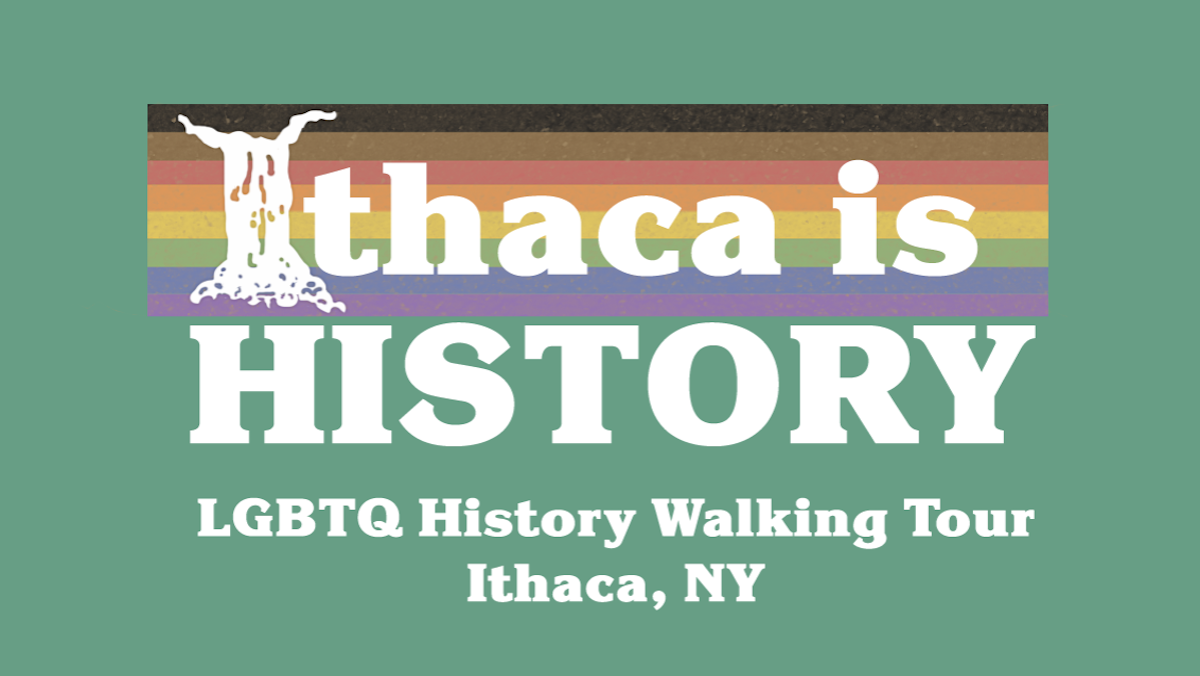Film historians and local institutions examine the significance of Ithaca’s film history.
By Evan Miller
Immersed in the magic of cinema
It was 2:50 in the afternoon one day in Ithaca when Dr. Tom Bohn sat in a cinema with his wife at a local Regal multiplex for a transportive experience.
“… there was a magic about the film,” he said as he described feeling as though he were brought to a different world once the big screen lit up and the sound kicked on in the theater.
Bohn first became interested in film intellectually when he studied at the University of Wisconsin at Madison. It was there that he was intrigued by the history of film and got caught up in the magic of it for the first time. Before then, he had not thought of film as something other than what he did as a young child and teenager.
Today, Bohn teaches as a lecturer in the Department of Media Arts, Sciences and Studies at Ithaca College, in the city where cinema had some of its most humble beginnings over 100 years ago.

A brief history
Bohn said the most significant part about Ithaca’s history in film is the Wharton Brothers Studio. When many companies were forced to leave New York City to escape the clutches of the Motion Picture Patents Company (MPPC), Theodore and Leopold Wharton happened to stumble upon Cornell and Ithaca.
It was there that they established their small renegade film studio, which operated for several years in the 1910s.
“They made a lot of interesting films, mainly serials, not a lot of features,” said Bohn. “Then, they were consigned to the dustbin of history.”
When the industry moved west to California to further escape the MPPC, serials were no longer a popular form of the cinematic medium. Studios and filmmakers had become primarily interested in producing longer feature films.
The Whartons had made the move west hoping to recreate what they had started in Ithaca. They never made another film.
“For the most part, the Wharton Brothers were limited artistically, creatively and financially,” said Bohn. “By 1920, they had used up everything they were going to use up.”
A wider cine-scope
Charles A. Dana professor of screen studies in the Department of Media, Arts, Sciences and Studies at Ithaca College, Dr. Patricia Zimmermann said that Ithaca itself is not very unique when compared to other small towns throughout the United States who were also making films.
“What is unique is a small town reclaiming this history,” Zimmermann said. “It’s difficult to reclaim early cinema history because most early cinema films, about 90% are lost …”

Zimmermann identified the Wharton Studio Museum as an institution that has spent years trying to reclaim Ithaca’s cinematic legacy and alert people that there is history there, yet she said there is more to that history than just Ithaca.
“I also think there’s another danger in all of this focus on early cinema in Ithaca because it’s ignoring something that had a much longer, longer, longer history — and that’s the history of experimental film, video and new media in the upstate New York region,” she said.
Zimmermann identified the New York State Council on the Arts as the first arts council in the United States to fund film and video. The council has poured money into the New York region to fund exhibitions and continues to do so today. The Finger Lakes Environmental Film Festival (FLEFF), which she directs, has received grants from the council in the past.
Cinemapolis is an independent cinema and institution in Ithaca that works with local organizations and festivals like FLEFF to translate their messages to audiences using film as a platform. The cinema will work with FLEFF again when it returns in spring 2023.

Scott Hitz, acting general manager of the cinema, said that it works with the Wharton Studio Museum to host events and screen silent films. He finds it important to represent Ithaca’s legacy through participation in events like those that the museum offers.
Bohn was once involved in the preservation of the Wharton Studio. He hopes the initiative is successful, and that the studio is restored with a museum. He said it can be something that will further attract people to the Ithaca area in the future.
“It’s something that shows our roots, our grounding in Ithaca of our relationship to film and that world,” Hitz said.

